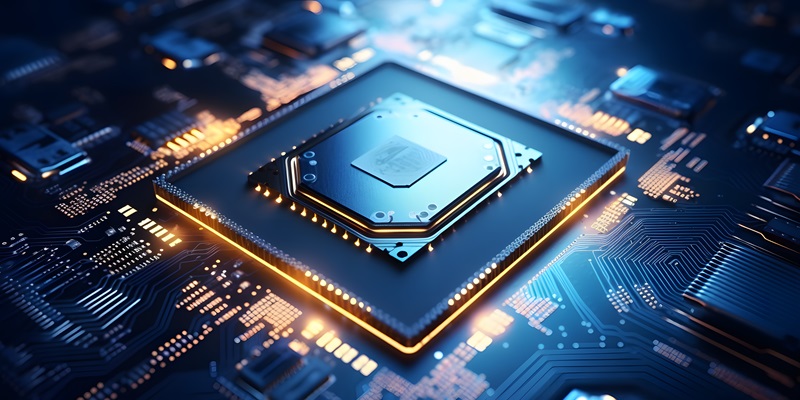Intel’s launch of its Core i9-14900KS CPU has the tech world abuzz. Touted as a “voltage-heavy monster,” the i9-14900KS emphasizes Intel’s dedication to high-speed performance and is poised to potentially be the fastest gaming CPU available. Its clock speeds are a new high for consumer CPUs, garnering the attention of gamers and tech enthusiasts eager to leverage its capabilities. However, its raw power isn’t without its challenges. The i9-14900KS requires advanced cooling techniques to manage its heat output and draws considerable power, sparking debate on its practicality. Is the Intel Core i9-14900KS simply a groundbreaking innovation for those who crave speed above all else, or does its niche appeal and demanding requirements limit its significance? This processor is indeed making waves, but whether it’s a game-changer or a specialized choice for the few remains to be seen.
Unprecedented Speeds and Performance
The Intel Core i9-14900KS’s performance is a significant leap from its predecessors. With clock speeds soaring to a striking 6.2 GHz on P-cores and a remarkable 5.9 GHz across all cores, the processor challenges the very limits of current computing. For gaming enthusiasts and content creators who crave the fastest possible speeds for their applications, the Core i9-14900KS seems nothing short of revolutionary. The E-cores, too, are not far behind, with peak frequencies of up to 4.6 GHz, offering a robust support system for multitasking and background processes.
Apart from raw speed, the processor has been engineered for high binning, ensuring that the promised performance levels are not just theoretical but practically achievable. With high SP scores – 120 for P-cores and 67 for E-cores – Intel underscores its commitment to offering top-tier processing power. Early adopters have already started to share their experiences, reporting stable performance under heavy loads, but not without noting that excellent cooling is a non-negotiable requirement to maintain such speeds.
Power and Cooling Trade-offs
The Intel Core i9-14900KS boasts remarkable performance but operating it is demanding, particularly due to its high power consumption and thermal emissions. It requires a significant 1.5V, leading to a base power of 150W and turbo peaks over 253W. Such energy needs call for both a high-grade cooling solution and a robust power supply.
Effective thermal management is non-negotiable with the i9-14900KS. Direct-Die cooling brackets are proving invaluable as they enhance heat dissipation between the processor and cooler. Traditional coolers often fall short, and thus top-tier liquid or custom cooling systems are recommended to maintain optimal temperatures.
Owing to these prerequisites, the Intel Core i9-14900KS isn’t a straightforward choice for every user. It commands additional expenditure for compatible infrastructure and cooling, underlining its suitability primarily for enthusiasts ready to tackle the intricate setup required to harness its extraordinary capabilities.

